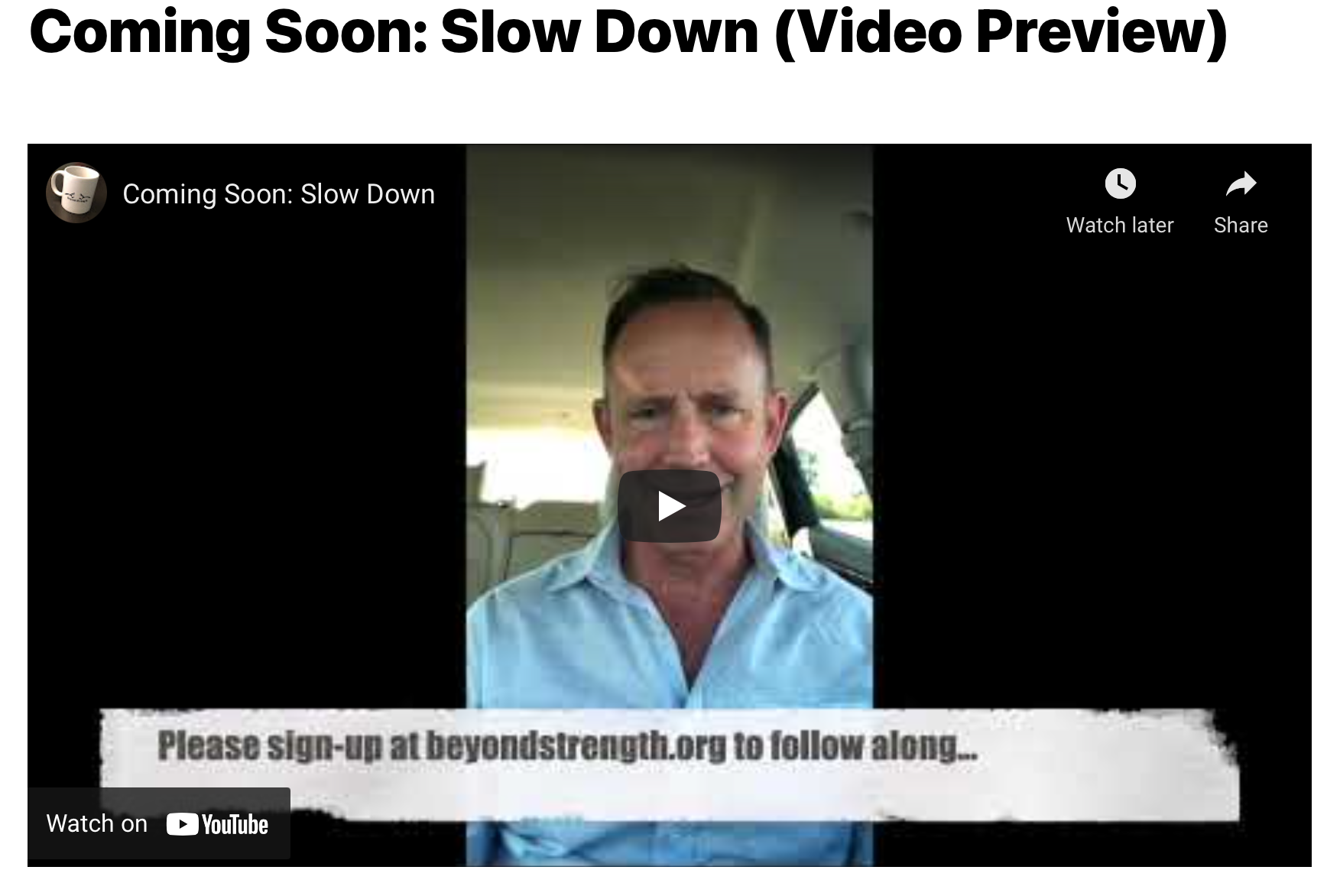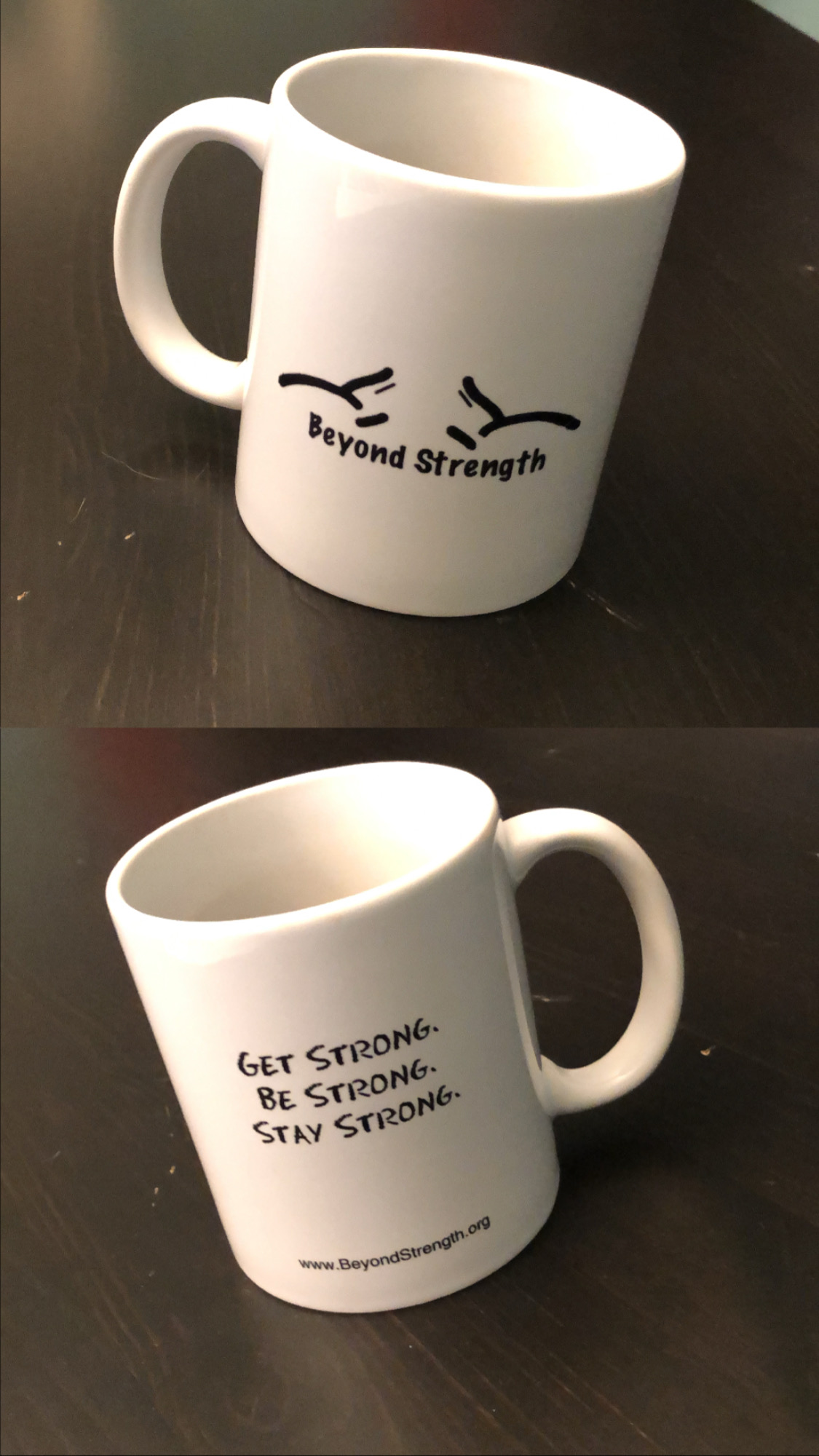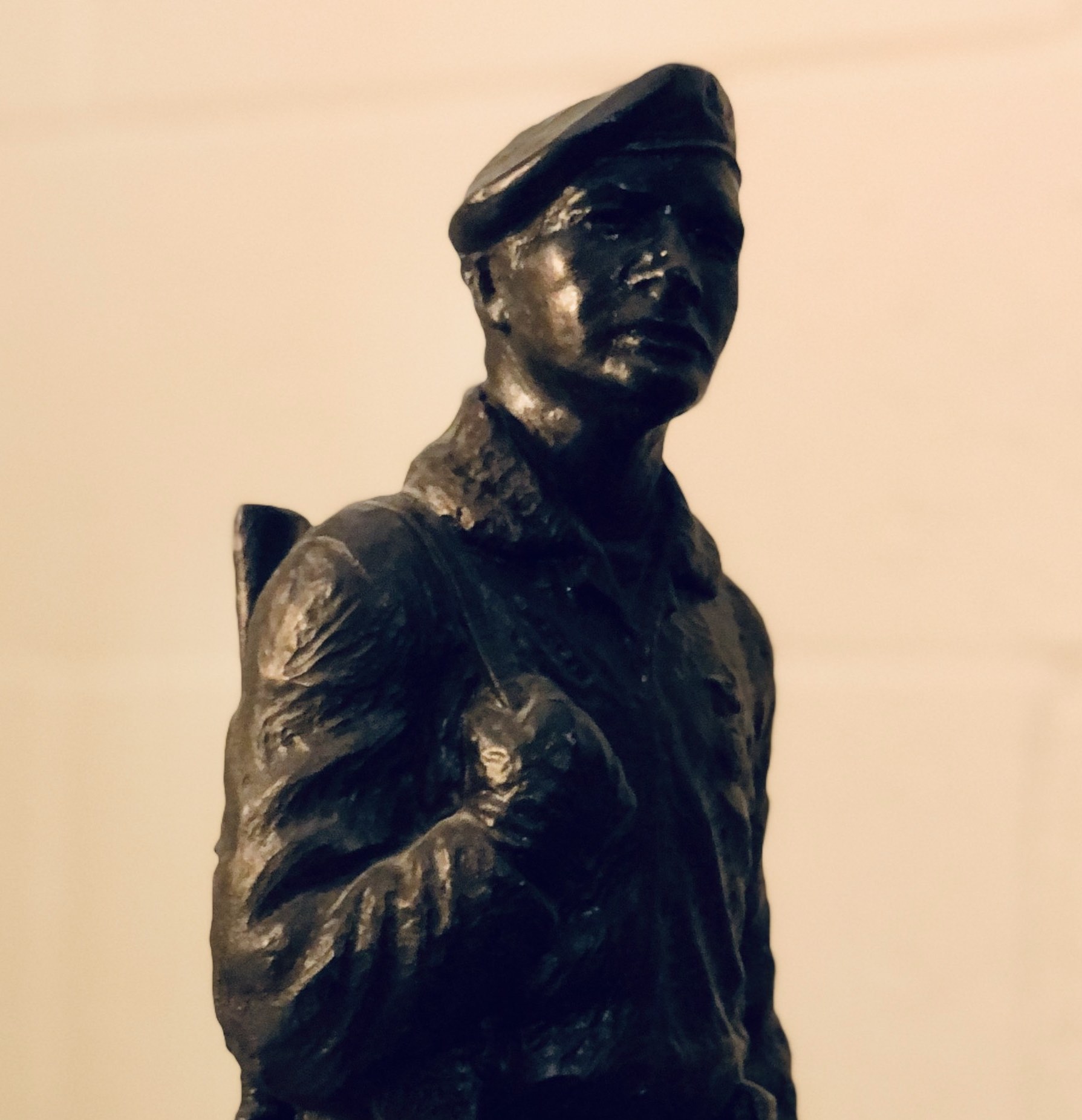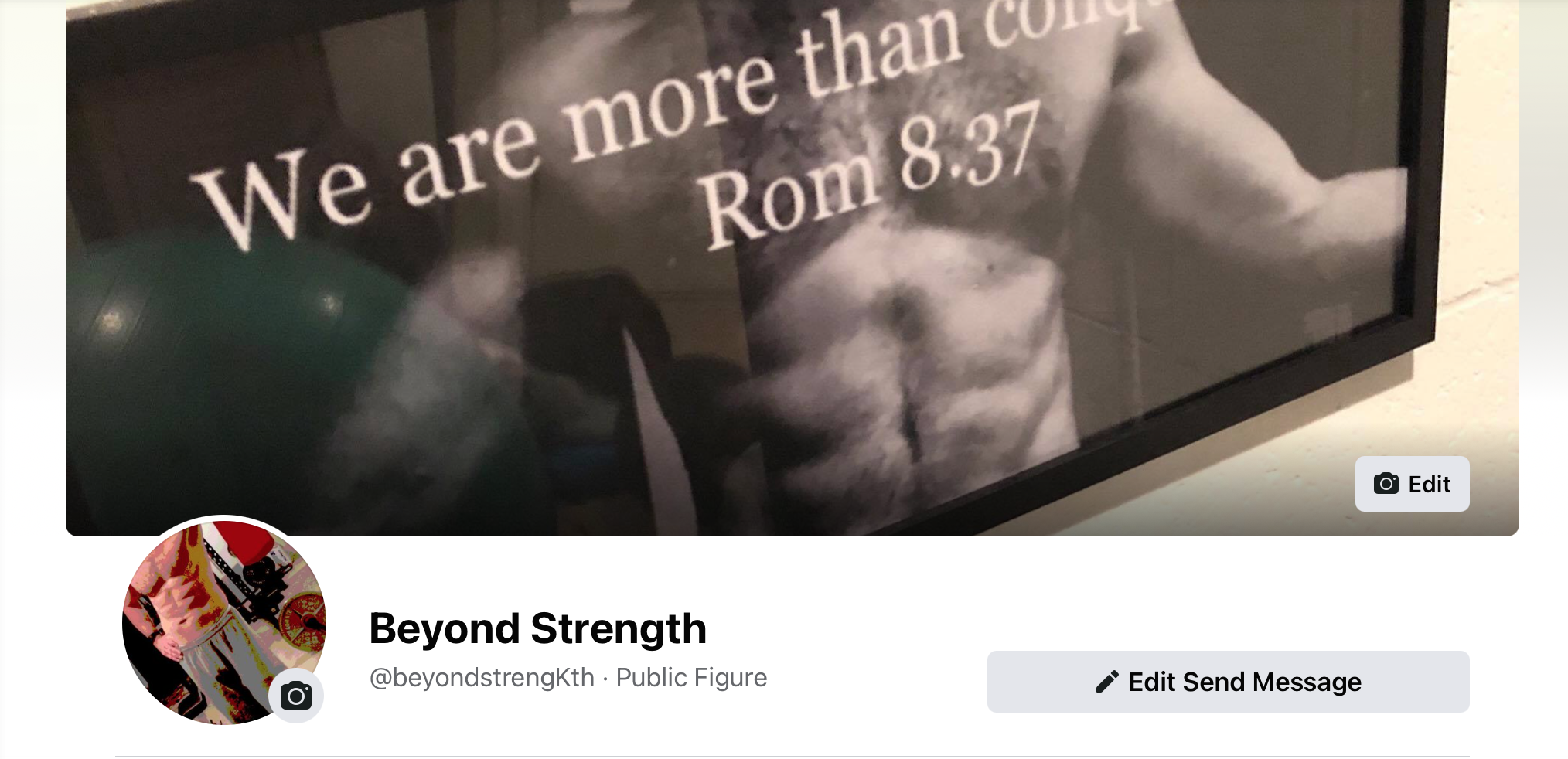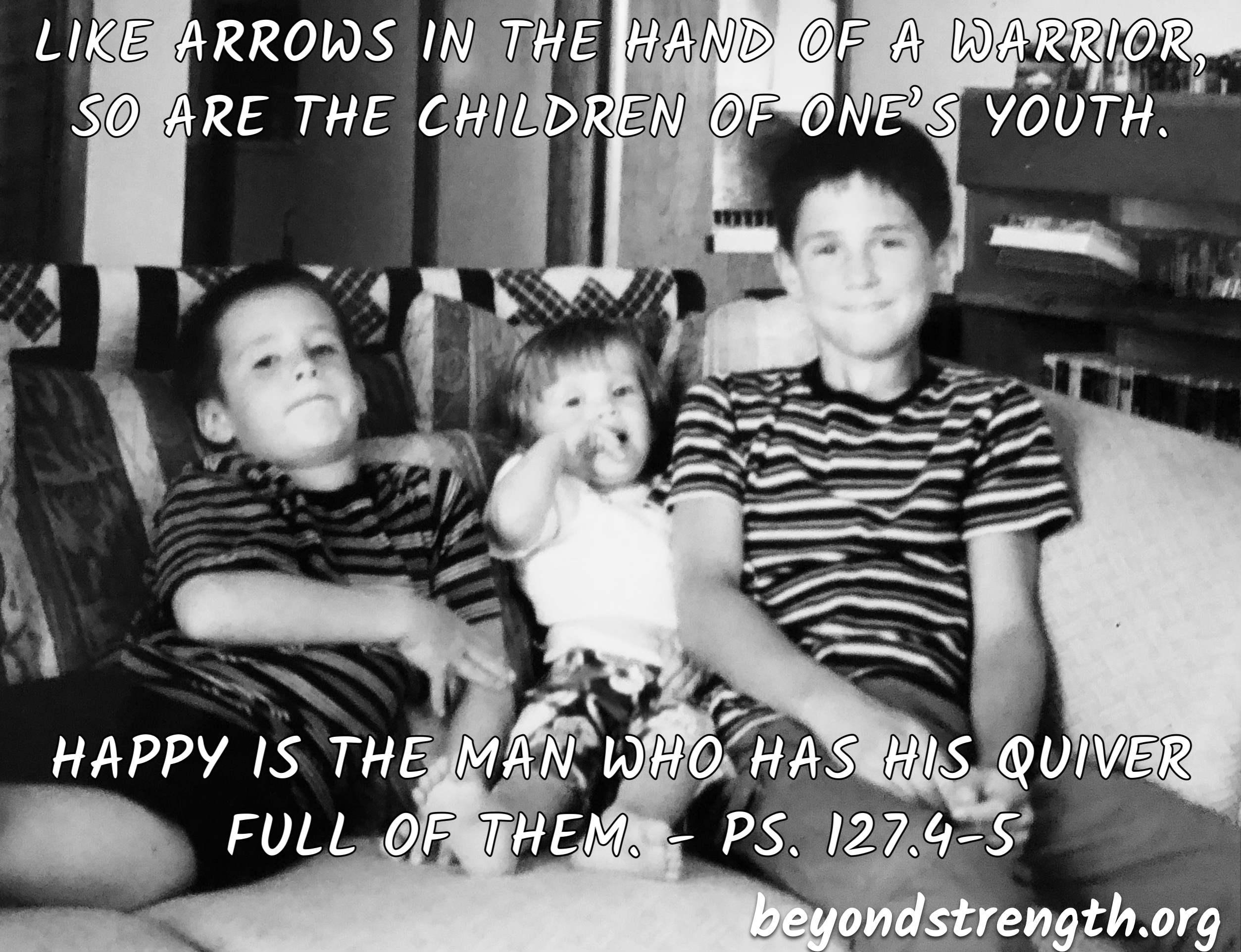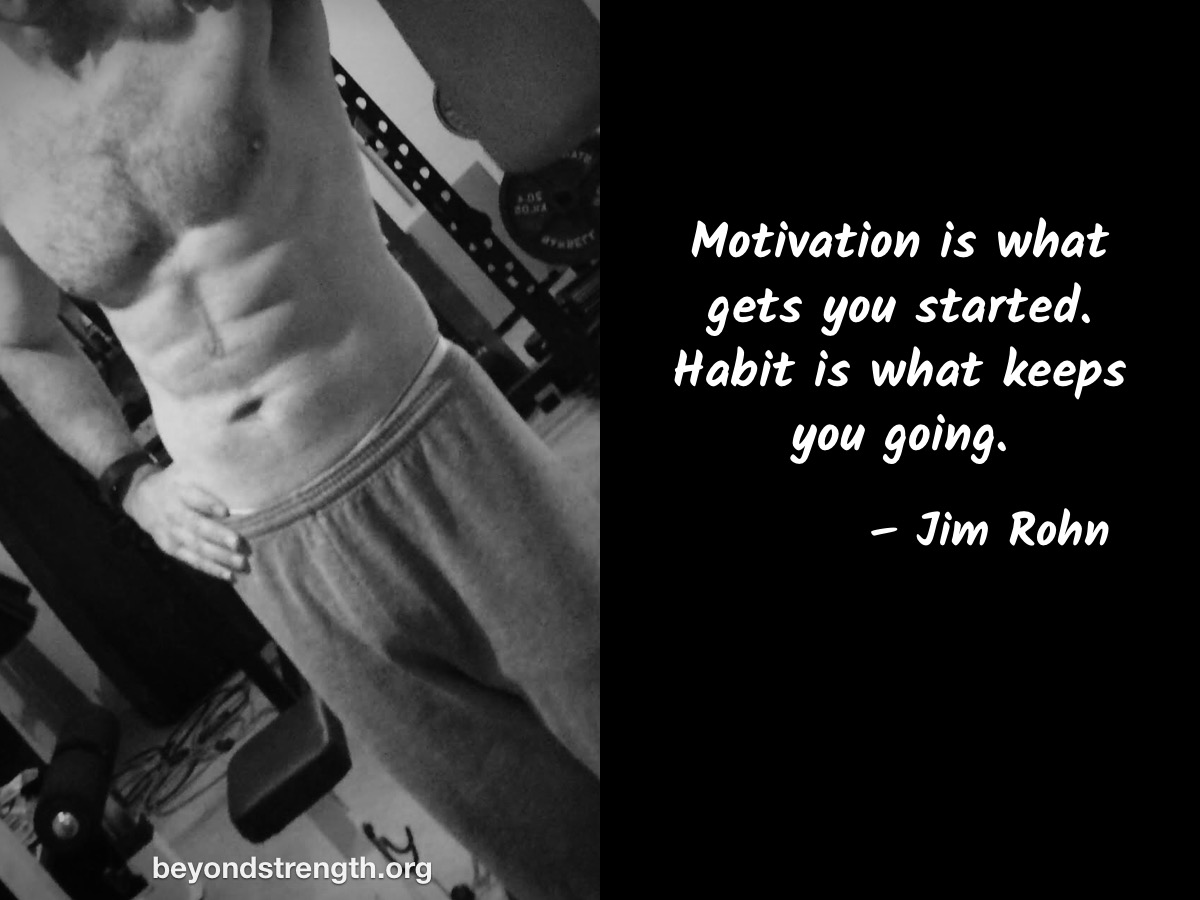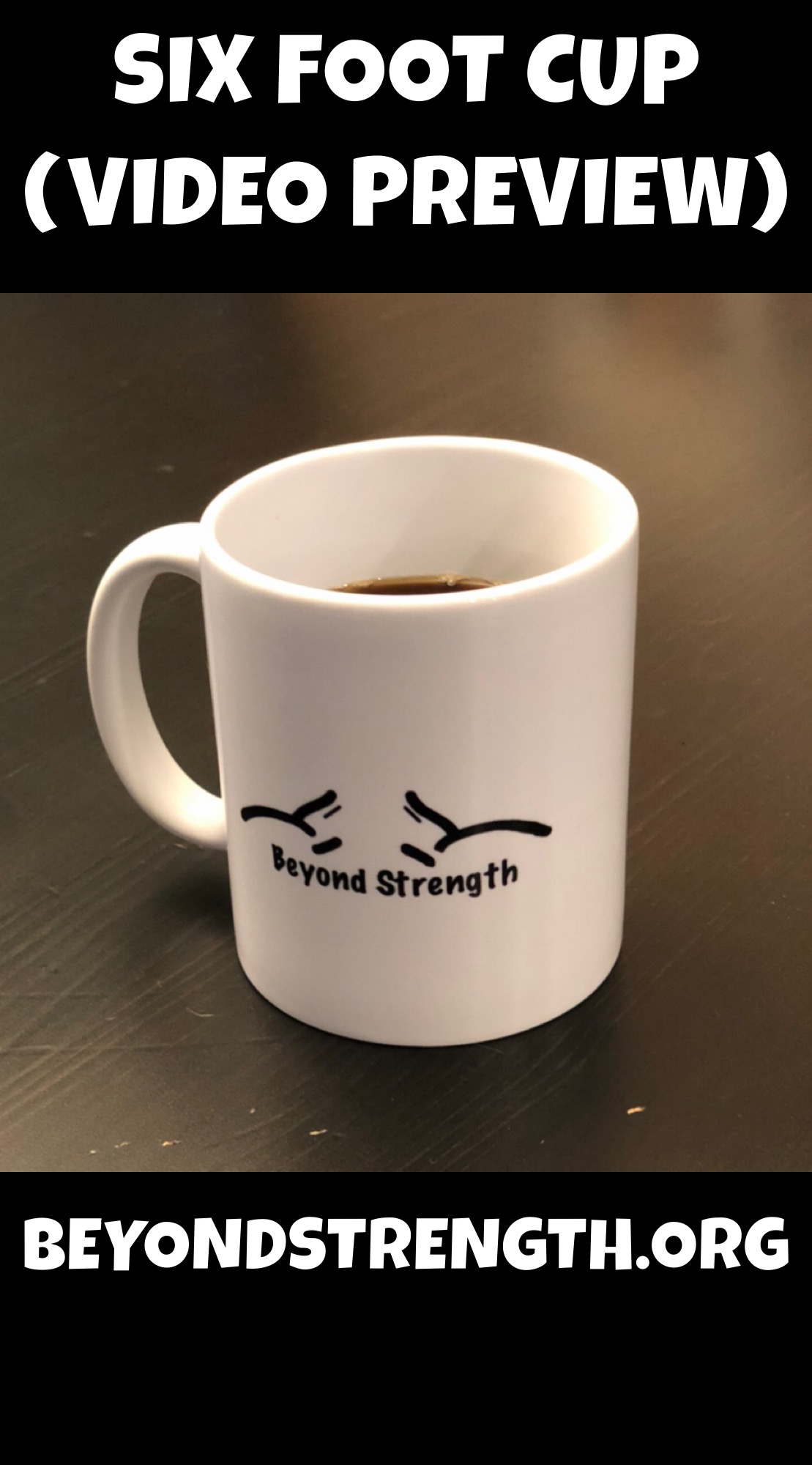I am set to speak at a remembrance event this weekend to mark the 20th anniversary of the attacks of September 11th, pay homage to those lost, and esteem the military and first responders whose lives have been forever changed.
A reporter advancing the event asked me to share my perspective about the withdrawal from Afghanistan. Taking the high road, I exercised appropriate restraint and diplomacy in my response. With the door of communication open, he also asked me to sidebar some recollections from the morning of the attacks.
This is what I shared.
My day job was in public safety assigned to an investigative unit. At the time, I was also serving a parallel career in a national guard security forces unit. It turns out this was a not-so-uncommon convergence of careers, both of which were significantly impacted by the events that day.
I was working at my office that morning. Not quite Brooklyn Nine-Nine, the space was nonetheless a standard maze of cubicles. Televisions broadcast multiple networks to keep analysts and detectives abreast of emerging local and national events.
The news broke. The office fell silent as people drifted trance-like closer to the televisions. Shock and disbelief permeated the office as we watched replays of the first plane impacting the World Trade Center. A lack of productivity, and the promise of a larger screen, pushed me and my partners to one’s nearby house to continue watching the events unfold.
Like many others, I suspect the peaceful, clear blue sky and sunshine that morning so vividly contrasted the atrocity we were witnessing that it was difficult at first to reconcile what was happening. In fact, I recall thinking to myself after seeing the first plane impact the building, ‘How the hell did a passenger plane accidentally hit a skyscraper?’
Obviously when a second plane hit the other tower there was no doubt what was happening…further confirmed when the Pentagon was struck, and then reports that a fourth plane went down in rural Pennsylvania.
Within minutes of realizing it was an attack, I was on the phone with my military unit. I would spend the rest of that day and many that followed on and off the phone with my unit, civilian commanders, loved ones, and friends, all the while knowing that an attack on the homeland no doubt meant a return to active duty.
Like many others, I was overwhelmed with feelings of anger, disbelief, frustration, confusion, patriotism. And a growing thirst for vengeance.
While it wasn’t a huge stretch leaving one profession of arms to go back to another, it wasn’t without challenge. But first responders are just wired differently; they rush in while others are running out. Which probably speaks to why some of us aren’t quite right. It’s in our nature and our training.

No where is that pithy maxim more evident than reading the hundreds of names of first responders on the 9/11 memorial at Ground Zero lost ‘rushing in’ that day.
Or stepping into nearby O’Hara’s Pub to feel a spirit you’re not likely to forget. Ask to take a look at ‘the book’ while you’re there.
I recall one of the challenges for me was the impending birth of our daughter. She would be born less than two weeks after the attacks, and I would be back on active duty two weeks later. I would remain on orders nearly two years under the Presidential Partial Mobilization. Fortunately, while a fair amount of travel, long hours, and uncertainty was involved, the majority of that initial tour was stateside, protecting the homeland.
That wasn’t the case for everyone.
At that time I had spent about 15 years in the military between active duty and national guard. There was never any doubt as to relevance or responsibilities when I was on active duty. That was not necessarily the case once I transitioned to the national guard. But the attacks of September 11th not only opened the eyes of the United States in a way they hadn’t since Pearl Harbor, it also awakened the ‘sleeping giant’ that was arguably the posture of the national guard, outside humanitarian relief and disaster response, for at least a couple of decades prior. ‘Weekend warriors’ we were called…for good reason.
But it was time to rush in.
I would serve a total of nearly four additional years of active duty on and off following 9/11, including a tour in Iraq, regular trips to Washington, DC, and short-term visits with troops in the Middle East and other places around the world.
Neither military nor civilian career was ever the same as a result. And like many of you, I’m not the same, either.
As predicted, what was supposed to be just a few lines of remembrance turned into much more than my reporter friend asked for. But for what it’s worth, it ended up equal parts catharsis and speech-writing (for the event mentioned above). And I’m grateful for the opportunity.

Never forget…
Get Strong. Be Strong. Stay Strong.


